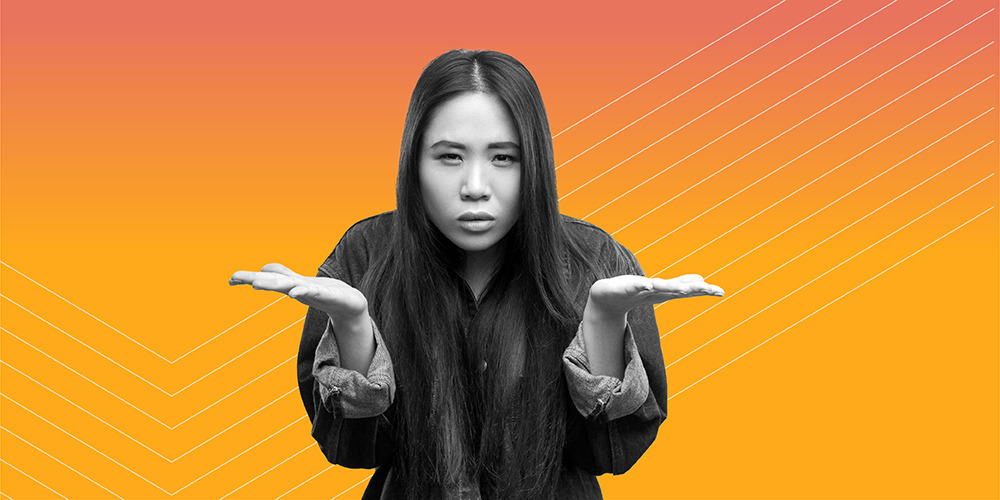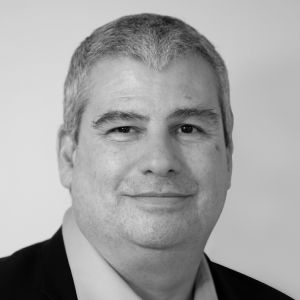What Is a Check Cashing Store?

Imagine that you just received a paycheck and don’t have a bank account. This might sound farfetched to some, but the FDIC estimates that 5.6 million households, roughly 4.2% of the population, are unbanked. Converting paychecks into cash can be difficult in that situation. Check-cashing stores provide a solution to that problem. This article explains what they are and how they work. Here are some key takeaways:
- A check-cashing store is a business that converts checks into cash for a fee, typically serving individuals without access to traditional banking services.
- Many check-cashing stores accept payroll, government, and personal checks, though requirements vary by provider.
- Beyond dedicated storefronts, some retail stores, such as Walmart or grocery chains, also offer check-cashing services, although limitations may apply.
- Fees often include a flat rate plus a percentage of the check's value (e.g. $5 + 2%), and can vary significantly between providers.
- Many check-cashing stores also provide money orders, bill payment, prepaid cards, and sometimes even payday loans, making them a one-stop financial service center for the underbanked.
How does check cashing work?
The process of cashing a check is fairly simple. Customers present the check at the check-cashing business, along with a valid identification, and the cashier verifies its authenticity. A percentage of the check is deducted for check-cashing store fees, and the remainder is paid out to the check holder in cash. Here's a step-by-step example:
- You bring in a $500 payroll check.
- The cashier verifies its authenticity
- The cashier checks your identification
- The store charges a 3% fee ($15) plus a $5 flat rate.
- You walk out with $480 in cash
Check-cashing stores aren’t just for the unbanked. Traditional banks and credit unions often hold your money for several days before making it available, but some people can’t afford to wait until Tuesday for funds when they get paid on Friday. That need justifies the cost.
Types of checks you can cash
Check-cashing stores will usually cash a payroll or government-issued check without making you jump through too many hoops. Personal checks are another story. Many stores refuse them outright or require bank verification and approval to process them. If they do accept a personal check, the fees for cashing it will be significantly higher due to the risk involved.
Handwritten business checks fall somewhere in the middle. They’re not as reliable as a government-issued check, but also not as risky as a personal check. Established businesses with good reputations may have no problem getting their checks cashed, while checks from unknown or newer businesses might be treated like personal checks.
Services offered by check cashing stores
Most check-cashing stores offer additional financial services to complement their primary offering. These services may include selling prepaid debit cards, money orders, currency exchange, wire transfers, and utility bill payment services. Some also do title or payday loans with high APRs, which can generate significant income for the business.
Diverse service offerings help check-cashing stores compete with traditional banks and credit unions. These stores could be considered predatory because the interest rates and fees on most of their products are high. Unfortunately, unbanked or underbanked customers may have no other choice, making them a captive market for unscrupulous lenders.
Check cashing store fees: What to expect
The fees for cashing a check at a check-cashing store are often determined by the type of check you present to them. For example, a simple payroll check could have the fee structure mentioned above, while a government-issued check might be assessed a smaller flat fee. A higher fee is usually charged for personal checks, if they’re even accepted.
Most stores use a combination of flat fees and percentage-based charges. A typical structure might be $5 plus 1% to 5% of the check's value, with personal checks commanding higher rates. Some states regulate these fees, while other states allow the market to determine pricing. Unregulated states are also where bad-credit lending thrives.
Who uses check cashing services—and why?
Common reasons to use check-cashing stores include a negative banking history that prevents you from opening a bank account, a poor credit history, and a distrust of banks. Another is the immediate need for funds outside normal banking hours. People in these scenarios are the most likely to do business with a check-cashing store.
While there are benefits to getting instant access to cash, it can also be costly. There are high fees, no opportunity to build savings or credit history, and exposure to predatory lending. These may seem insignificant on your first visit, but the cumulative costs can add up over time. Fees of $20 on weekly $500 checks add up to $1,040 per year.
Check cashing stores vs. banks: Key differences
Check-cashing stores offer a line of products to compete with traditional banks, but the two are not the same. The stores are great for quick access to cash. Banks help you build long-term financial stability. Here’s what that looks like:
Check cashing stores
- No account required
- High fees per transaction
- Extended hours
- Immediate cash access
- Limited financial products
Traditional banks
- Account required
- Free check cashing for account holders
- Standard business hours
- Possible check holds
- Full range of financial services
Are check cashing stores safe and regulated?
Most states regulate check-cashing stores by requiring licensing and fee disclosures. You can verify these credentials through a state regulatory agency or by checking Better Business Bureau ratings. It’s best to do business with registered stores and to avoid locations that aggressively market payday loans and other high-cost credit products.
Banks are regulated by several federal government agencies, making them a much safer option for check cashers. If you’re unable to do business with them, find out what it will take to repair those relationships. You should also research digital or online banks that offer debit cards and direct deposit. They could be more cost-effective than check-cashing stores.
Conclusion
Check-cashing stores are a convenient option for workers with paper paychecks. You can generally visit them after banking hours, and you don’t need a bank account to do business with them. The downside is that fees are high, and many stores expose you to predatory lending. Weigh your options carefully and make sure you read the terms and conditions carefully before signing any loan agreements. Digital or online banks might be a better alternative.
Please note the below article contains links to external sites outside of OppU and Opportunity Financial, LLC. These sources, while vetted, are not affiliated with OppU. If you click on any of the links you will be sent to an external site with different terms and conditions that may differ from OppU’s policies. We recommend you do your own research before engaging in any products or services listed below. OppU is not a subject matter expert, nor does it assume responsibility if you decide to engage with any of these products or services.

